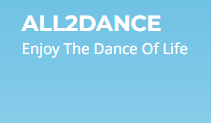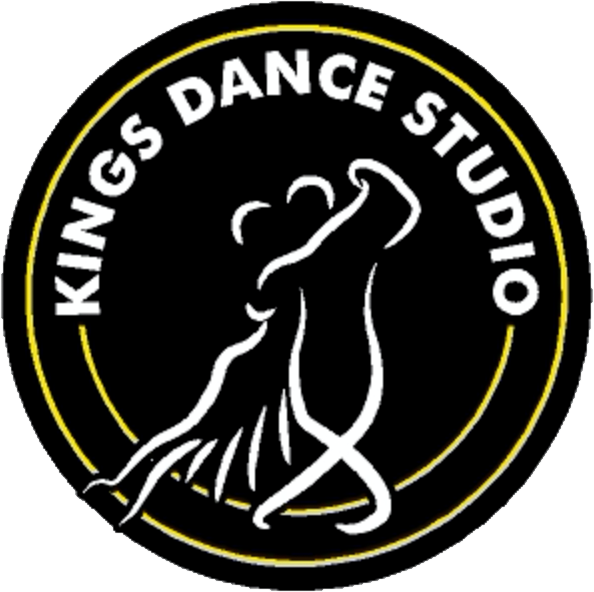The word "Samba" is likely derived from the word "Semba", which in the African Bantu language means "naval bump," and depicts the intimacy and "invitation" to dance that is common to many Afro Latin dances.

The word "Samba" is likely derived from the word "Semba", which in the African Bantu language means "naval bump," and depicts the intimacy and "invitation" to dance that is common to many Afro Latin dances.
We feel that we have one of the finest teaching systems in the country. We use the interrelated award system, which is teaching the relationship between several dances, patterns, and dance concepts.
This has been Proven to be the Fastest Way to make you a good and versatile social dancer. Our club has taught thousands of members since 1978 to become excellent dancers using this Award System.
Another reason our club is so successful, is our high dance standard. New staff must graduate a 300 lesson dance training program before they begin teaching. We also have daily dance training sessions/
As staff to work on our teaching methods and our own professional dancing. As a staff, you will find, we all take great pride in our members' accomplishments and in our own dancing.

Samba Dance Classes are offered by All 2 Dance for all ages and skill level. Teaching dance in a relaxed, friendly & professional environment. We are fortunate to have so many delightful students. This is a big part of why we love what we do.

?Samba is a lively, rhythmical dance of Afro-Brazilian origin danced to Samba music. Samba is a dance authentic to African people in Brazil who brought much of their music and dance culture into Latin America.

Samba Dance Classes are offered by Harpe's Dance Inc for all ages and skill level. Bring fun and excitement to your life with an introduction to dancing at Harpe's Dance Inc. It is the investment in yourself that is truly rewarding.

Spark your energy and awaken your hips with a fusion of traditional Brazilian dances and contemporary styles. You’ll learn samba, samba reggae, samba rock and funk, and pagode from Rio de Janeiro and Bahia, all while getting a dynamic cardiovascular workout.

Samba Dance Classes are offered by Kings Dance Studio. At Kings Dance Studio we teach everyone from kids to adults. It's never too late to learn to dance.
© 2025 coursetakers.com All Rights Reserved. Terms and Conditions of use | Privacy Policy